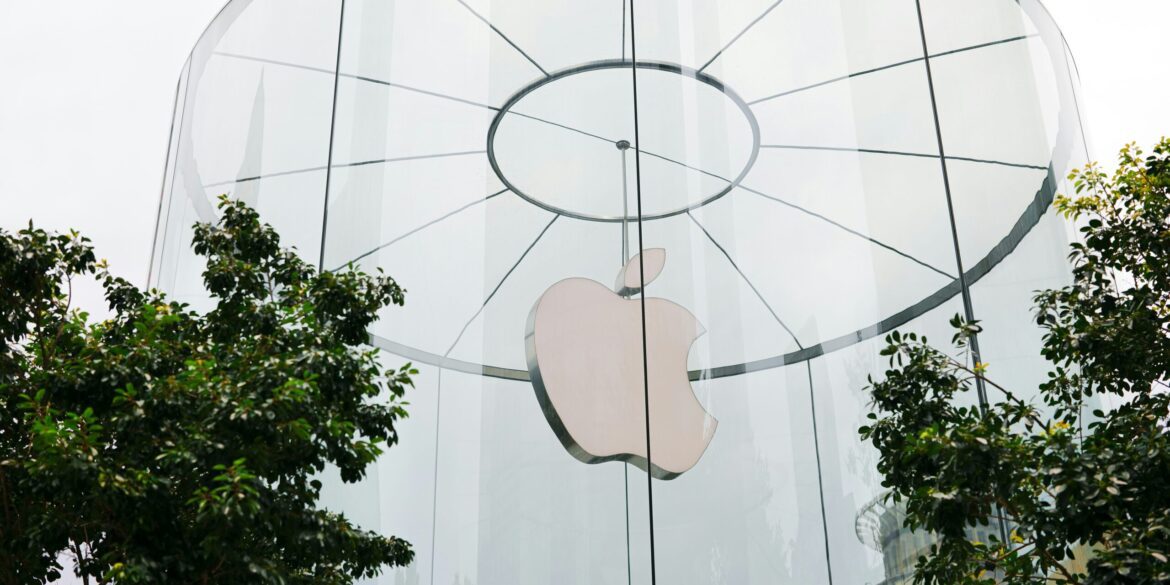After nearly five years of intense litigation, Apple has reinstated Epic Games’ popular battle royale title, Fortnite, to its U.S. App Store. This development follows a decisive federal court ruling that determined Apple violated antitrust laws by maintaining restrictive policies that limited competition within its digital marketplace. The ruling is a milestone in the tech industry’s ongoing scrutiny and reformation, especially concerning how major platforms exert control over app distribution and monetization.
The legal clash between Apple and Epic Games dates back to August 2020, when Epic introduced a direct payment method within Fortnite, sidestepping Apple’s standard 30% commission fee on in-app purchases. This maneuver directly violated Apple’s App Store guidelines, prompting the tech giant to remove Fortnite from its marketplace. Epic swiftly responded with a lawsuit, accusing Apple of monopolistic practices and highlighting the broader issue of how dominant platform operators manage app ecosystems.
At the heart of the legal proceedings was the question of whether Apple’s control over the iOS app ecosystem constituted anti-competitive behavior. Epic argued that Apple’s policy, which prevents developers from informing users about alternative payment methods or using their own, stifled innovation and harmed consumers. Apple, in contrast, maintained that its policies ensured user security and maintained the integrity of its platform.
The case reached a turning point with a pivotal ruling on April 30, 2025, by U.S. District Judge Yvonne Gonzalez Rogers. The court found that Apple had willfully defied a 2021 injunction that required the company to relax its payment processing restrictions. Apple’s attempt to circumvent this order by introducing a 27% fee on external transactions was deemed a clear violation of the court’s original intent. Judge Rogers subsequently referred Apple’s conduct to the U.S. Department of Justice for potential criminal contempt proceedings—a rare move underscoring the seriousness of Apple’s non-compliance.
In the wake of the ruling, Epic Games filed a motion to compel Apple to restore Fortnite to the App Store. Apple, acknowledging the court’s directive, confirmed it had taken the necessary steps to comply. As a result, Fortnite is once again available for download on iPhones and iPads in the U.S., signaling a major victory for developers advocating for fairer app store practices.
The reinstatement of Fortnite has far-reaching implications beyond the immediate interests of Epic Games. It signals a shift in how digital marketplaces may be regulated moving forward. Developers are increasingly pushing back against the entrenched fee structures and control mechanisms imposed by Apple and Google, citing barriers to competition and innovation. This case may also embolden lawmakers and regulators in the U.S. and abroad who have been exploring antitrust legislation targeting major technology platforms.
Industry observers note that the ruling and the resulting reinstatement could reshape the landscape of mobile app distribution. Smaller developers, previously limited by steep fees and lack of payment flexibility, may now feel empowered to demand more equitable terms. The court’s findings also amplify ongoing debates in Washington, D.C., and the European Union over the need for tighter regulatory oversight of big tech firms.
Meanwhile, Apple’s response to the ruling has been muted. The company has yet to issue a public statement regarding the reinstatement of Fortnite. However, investor sentiment has shown signs of concern, with Apple’s stock dipping nearly 17% year-to-date—a decline some analysts attribute partly to the legal challenges and uncertainty surrounding its App Store practices.
For Epic Games, the outcome marks a return to one of the largest platforms in the mobile gaming world. Before its removal in 2020, Fortnite had over 116 million users on iOS alone. The game’s return is expected to reignite its mobile player base and potentially increase revenue as users resume in-game purchases—especially now that Epic may offer alternative payment options directly.
As the legal dust begins to settle, the Apple-Epic saga leaves behind a blueprint for future disputes over digital market dominance. The case underscores the growing influence of judicial and regulatory bodies in shaping the balance of power between platform providers and developers. While the full effects of the ruling will unfold in the coming months, the message is clear: the era of unchecked control over app ecosystems is under serious review.

